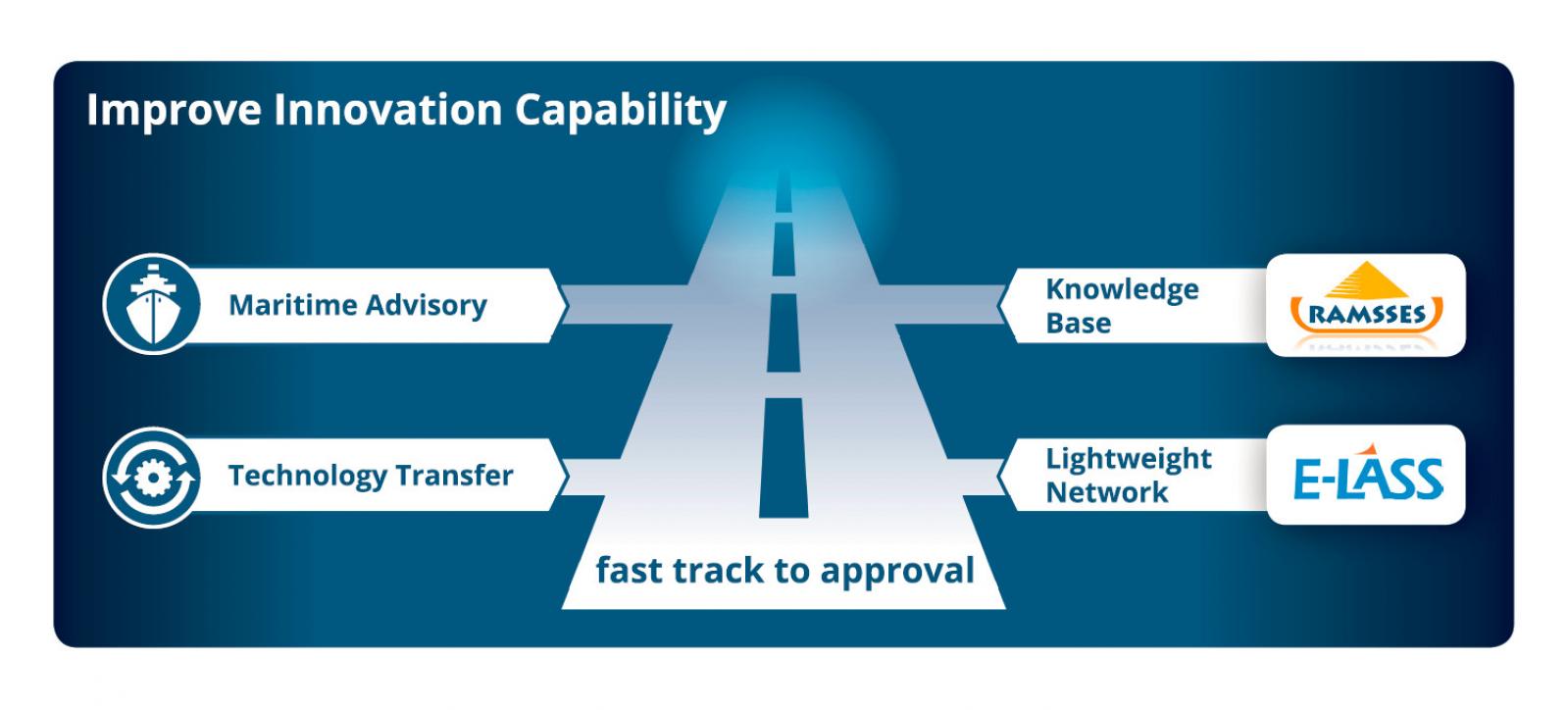Every six months, the RAMSSES consortium (see text box) is hosted by one of the partners. The general meeting, followed by international conferences (E-Lass), is one the project’s highlights. However, with the health crisis continuing into this new year, Naval Group, as host for 2021, has come up with an alternative method of bringing the 37 partners located in 12 countries together.
An adapted event for ongoing exchange
As Emilie Louërat, in charge of monitoring and relations with the consortium, reminds us, “We have adapted in order to ensure continuing exchange. Eighty people will be attending the general meeting remotely by video.” The content matter will enable the entire project to be reviewed, interspersed with several videos around a common theme linked to one of the work packages led by Naval Group: the creation of a hollow propeller blade by metal additive manufacturing.
“In cooperation with Sirehna, the Joint Laboratory of Maritime Technology (JLMT), a joint laboratory between Naval Group and the Ecole Centrale de Nantes, and ENSTA Bretagne, we relate the story of this world first, from its design to the trial campaigns for the demonstrator”, specifies Patrice Vinot, Additive Manufacturing R&D Project Manager. A success that fully meets the objectives set for the H2020 project. “In fact, we have reduced the weight of the 2nd half-scale demonstrator by 48%, for a final weight of 700 kg”, he adds.
E-lass: 200 people working to find innovative solutions for composite materials
Since organising traditional industrial tours on site is not currently an option, Naval Group has chosen to promote exchanges on the development of composite material solutions by highlighting the advances and know-how of its industrial and academic partners. “These materials can offer superior performance compared to those currently being used, such as steel. The work carried out as part of the RAMSSES project aims to demonstrate the feasibility of the solutions conceived, and the gains in terms of weight reduction, functionalisation (such as monitoring1), costs and environmental impact, while still guaranteeing adequate safety in terms of fire risks”, concludes Emilie Louërat.
1Monitoring: integration of sensors in composites.

